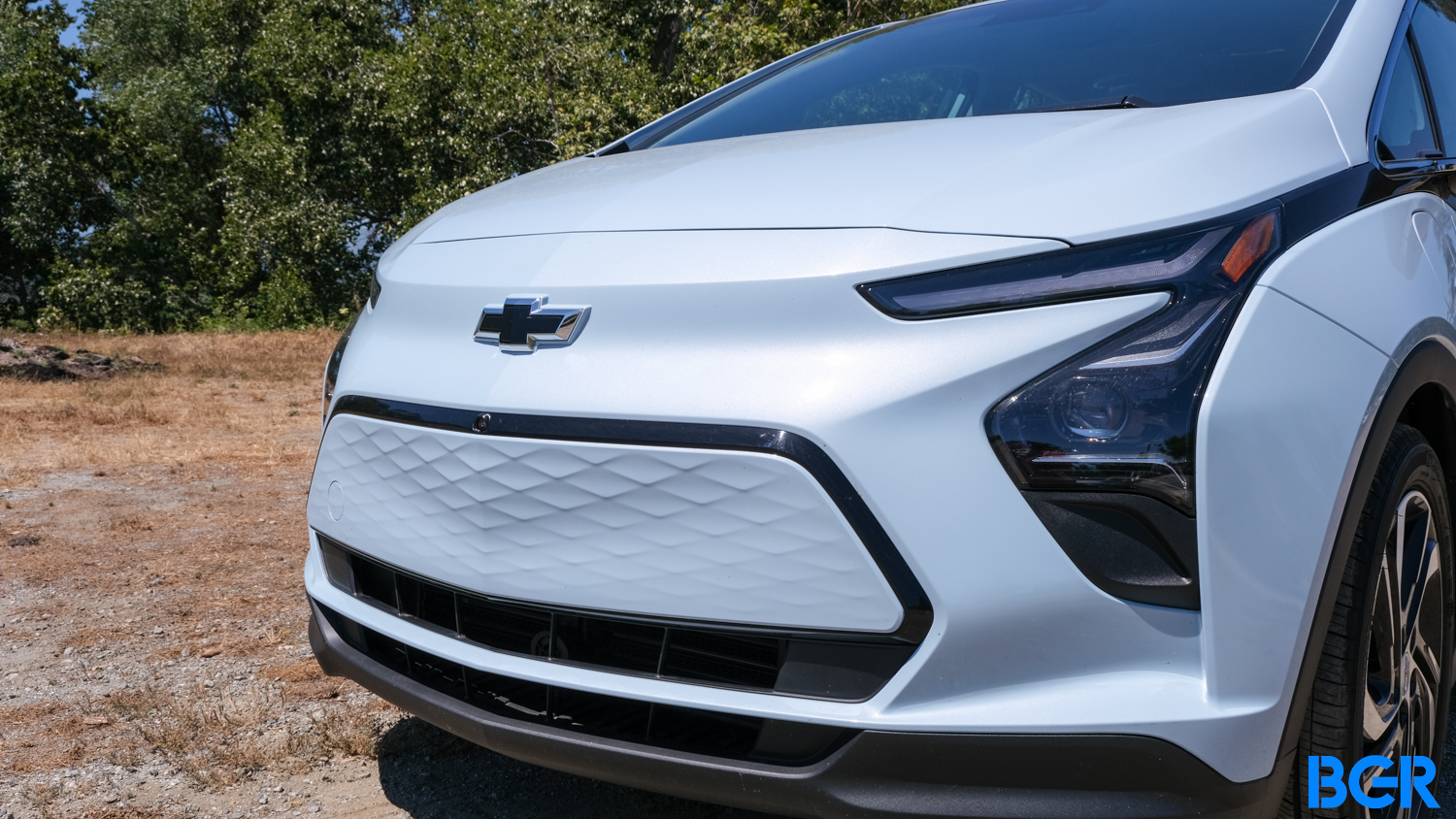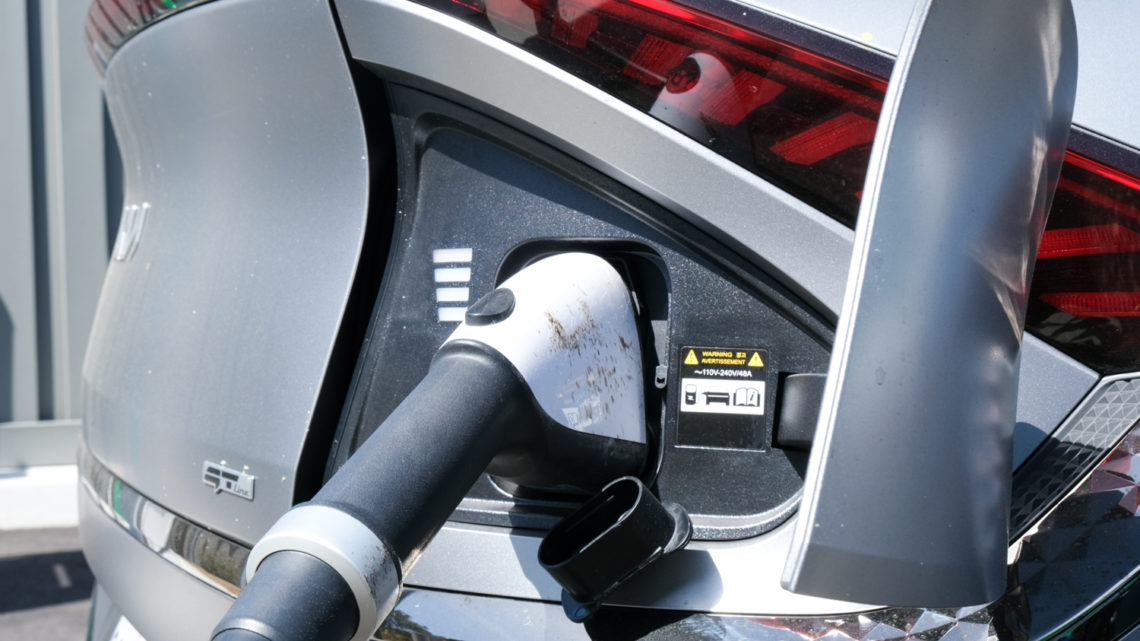One of the biggest problems surrounding electric vehicles continues to be their limited range. While most offer anywhere from 200-300 miles per charge, planning a route that has access to charging stations takes a bit more work than just getting in your gas-powered car and driving somewhere. However, a new innovation could unlock the potential for 3,000-mile-range EVs, doing away with this major obstacle.
We’ve seen significant progress towards faster EV charging in recent years, as well as claims about improving EV range by upgrading the design of the batteries and the frames of the cars in question. But batteries are always going to have the same limitations… right?

According to a report shared by GreenCarStocks, a couple of researchers in South Korea may have come up with a way to reduce silicon swelling in traditional EV battery designs. This could allow for batteries to store up to ten times more electricity compared to the batteries currently on the market. This would increase EV range exponentially.
Of course, you’d still want to keep an eye out for charging sites when heading out on a long drive. However, if this battery innovation works out, and additional research shows it can be scaled up, then this could do away with one of the major obstacles to more widespread EV adoption. There are plenty of other challenges to tackle as well, but upgrading the range of electric vehicles could greatly improve their adoption rate.
This technology goes beyond just looking for new battery designs, though. It completely reshapes how we think about battery chemistry as a whole, and that could very well be what we need speed up EV adoption. This research could also expand to other areas where battery technology could use improvement, such as solar-based power systems.
The post Electric cars with 3,000-mile range may soon be a reality appeared first on BGR.




